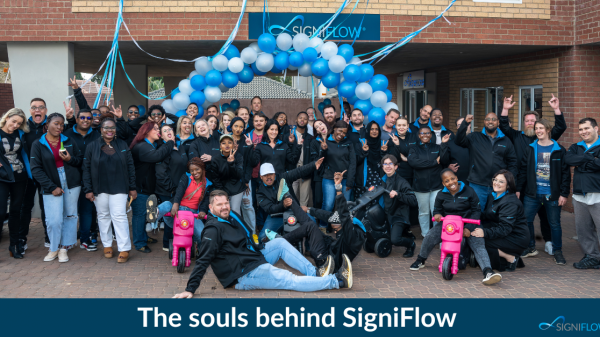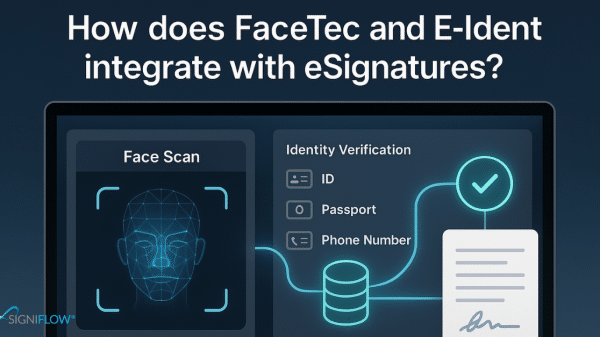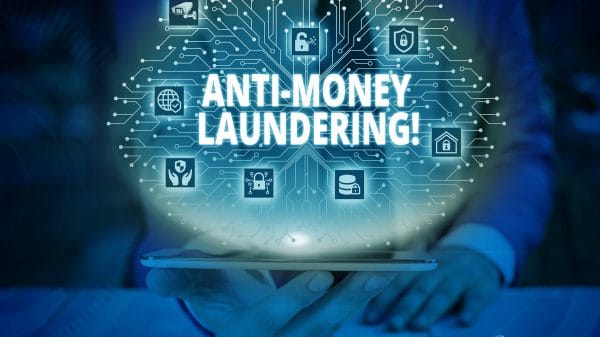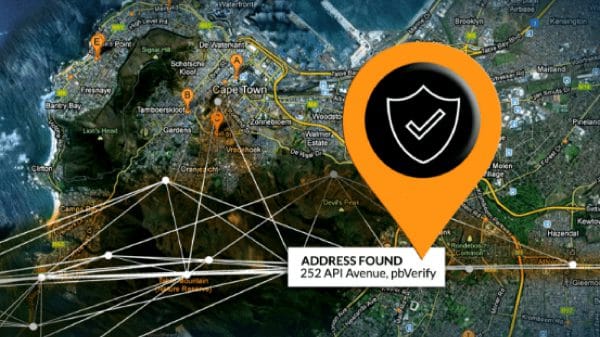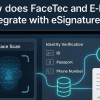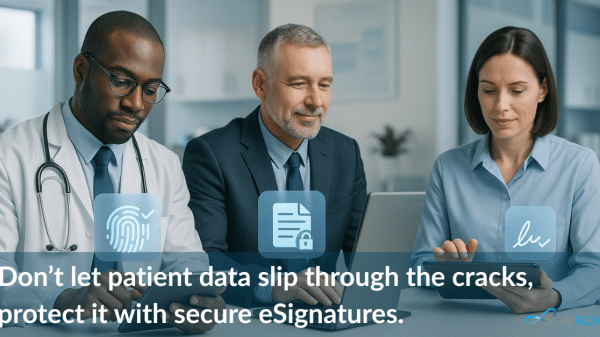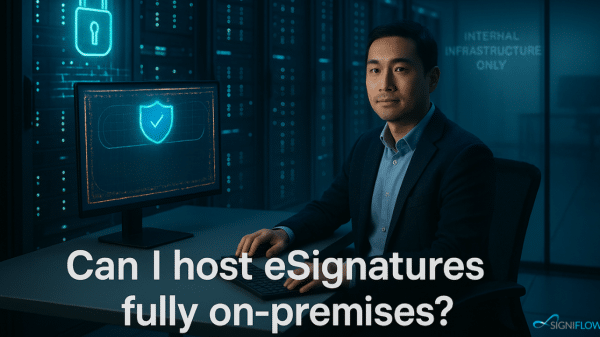A woman-owned small business based in New Hampshire, SigniFlow Americas is a member of the New Hampshire Tech Alliance, an affiliation committed to nurturing a technology ecosystem by building partnerships, enhancing knowledge, and shaping public policy.
The woman behind the new digital signature solution is Laila Robak, a Brazil-born entrepreneur with a passion for information technology and the power it has to transform and improve lives.
“We are very excited about the launch of SigniFlow Americas, and with Laila at the helm, this business is destined for greatness. We are proud to welcome all our Americas customers and partners to the global SigniFlow family,” says Leon van der Merwe, director of digital technologies at SigniFlow.
SigniFlow delivers enterprise-grade on-premise, private cloud and cloud solutions with a high level of integration, allowing companies to customise the solution to suit both their specific needs and their budgets. The solution provides legally valid digital signatures (cryptographic e-signing) and accepts digital certificates from almost any e-identity provider, publicly trusted certificate authorities (CAs) and privately signed public key infrastructures (PKIs).
Robak comments: “SigniFlow is a solution that can revolutionise business processes. It has various APIs that give us flexibility to create and integrate with existing systems and platforms, allowing organisations to choose from a range of options, from cloud to local deployments and hosted environments, and to use a mix of digital and electronic signatures – all while guaranteeing the legal validity of documents.”
SigniFlow is a core workflow and cryptographic digital signature engine that works either on its own, or fully integrated with existing business systems.
Using the most advanced and trusted digital signature technologies known to man, SigniFlow software enables powerful workflow functionality and ease of document distribution to automate any business process.
SigniFlow’s digital signatures use a technology known as public-key cryptography, which addresses non-repudiation in a court of law, and fully protects the integrity of documents, making them tamper-evident.




